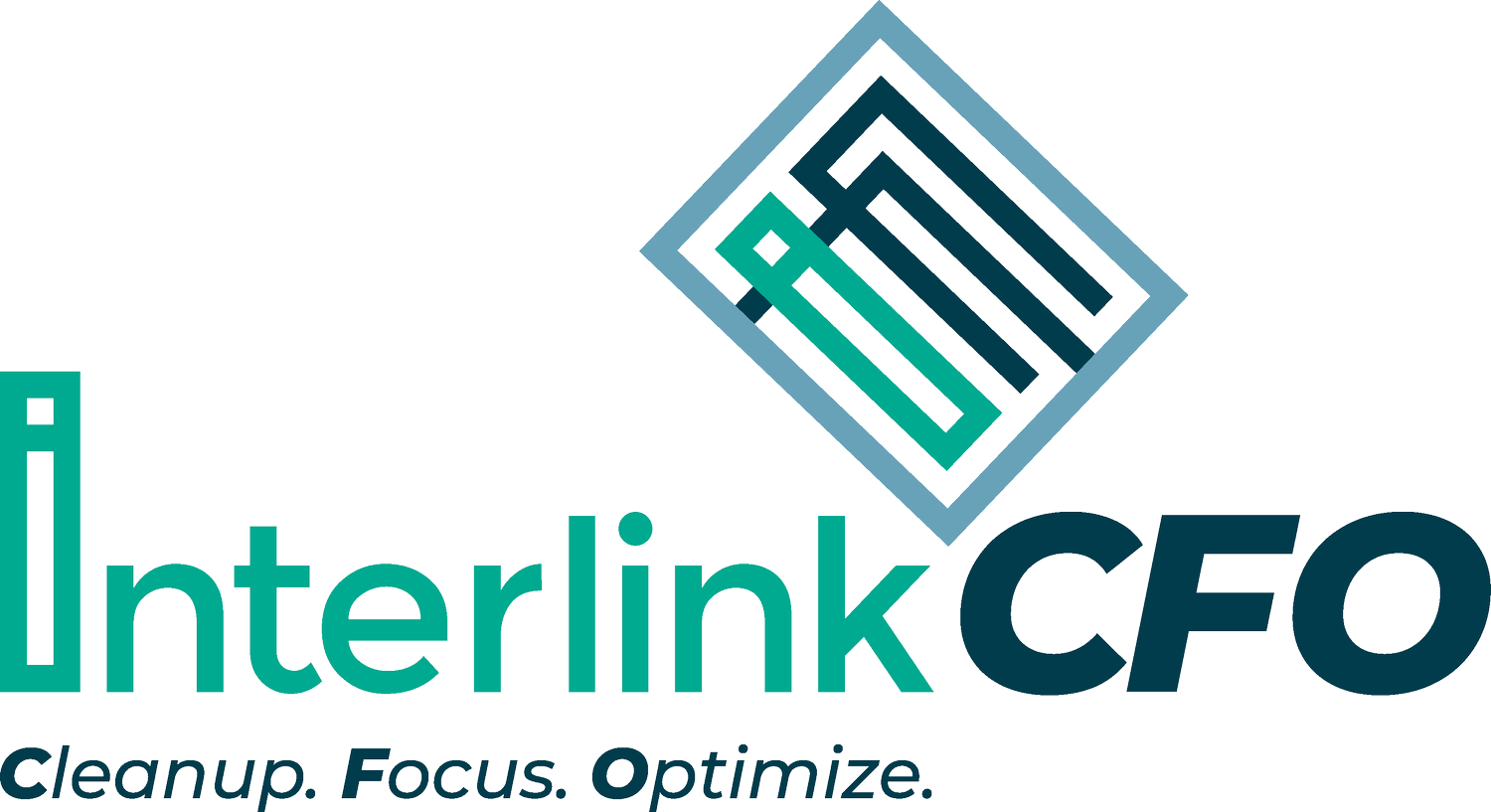Mastering Cost Accounting for Manufacturing Efficiency
Understanding and managing costs is pivotal for the success of any manufacturing plant. With the right cost accounting practices, companies can improve efficiency, control inventory, and enhance profitability. Let’s dive into the importance of cost accounting and how it can transform your manufacturing operations.
Importance of Cost Accounting
Cost accounting captures all costs associated with manufacturing a product. It’s essential for pricing, budgeting and financial planning, and ensuring that manufacturing plants operate efficiently and profitably. By tracking direct materials, labor, and overhead costs, manufacturers gain insights into their production expenses, enabling better decision-making.
Key Methods and Practices
Activity-Based Costing (ABC): ABC allocates overhead costs by identifying activities that drive costs and assigning them to products based on actual usage. This method provides a detailed understanding of cost behavior and highlights areas for improvement.
Standard Costing: Standard costing involves setting cost benchmarks for materials, labor, and overhead. By comparing actual costs to these standards, manufacturers can identify variances and analyze their causes. This process helps in controlling costs and improving efficiency.
Lean Accounting: Cost accounting using lean practices seeks to streamline financial management practices, similar to lean manufacturing processes. The goal is to minimize waste within the finance team by eliminating complex traditional cost accounting methods and identify only the material value stream cost drivers.
Direct Costing: Direct costing focuses on the variable costs that flex with production output, including material and direct labor. These costs should be examined and used to make decisions about product pricing.
Implementation Strategies
Implementing cost accounting systems requires a structured approach:
Assess Current Processes: Begin with a thorough evaluation of existing cost tracking and accounting methods. Identify gaps and areas needing improvement. Understand manufacturing processes, fixed and variable costs, and financial goals.
Choose the Right Tools: Maximize your Enterprise Resource Planning (ERP) system by using the inventory and financial modules to the fullest. Some ERP’s may require add-ins for inventory management as well. This ensures seamless data flow and accurate cost tracking.
Train Your Team: Educate your staff on new cost accounting methods and tools. Continuous training ensures everyone is aligned with the new processes.
Monitor and Adjust: Regularly review cost data and adjust your strategies as needed. Continuous monitoring ensures that cost accounting practices remain effective and relevant. If you change cost accounting methods, remember to normalize the data when looking at year-over-year or budget versus actual financial results.
Conclusion
Effective cost accounting is a game-changer for manufacturing plants looking to optimize their operations and financial performance. By understanding and managing costs, manufacturers can enhance efficiency, improve profitability, and ensure sustainable growth.
